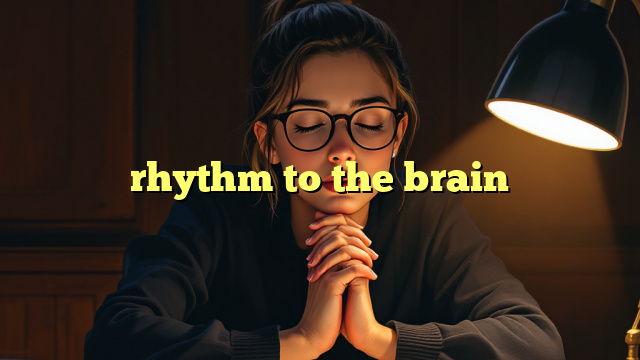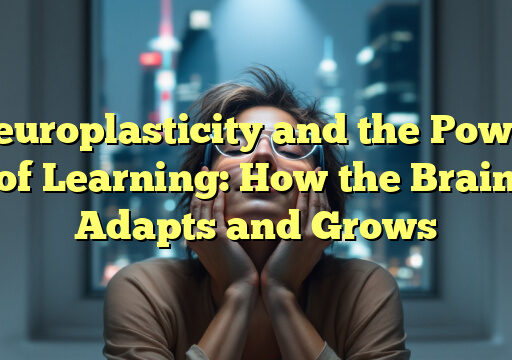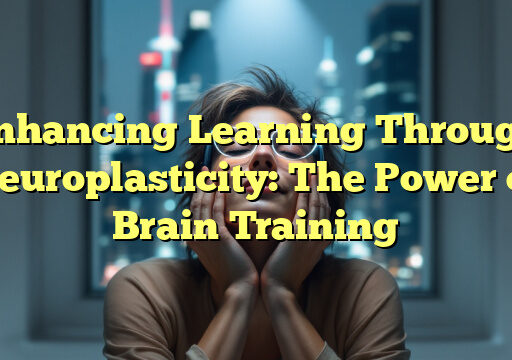Rhythm is an essential component of our daily lives, influencing everything from music to movement. But did you know that rhythm also plays a crucial role in how our brains function? In this article, we'll explore the concept of rhythm to the brain and the ways in which it impacts our cognitive processes.
What is Rhythm?
Rhythm is a pattern of beats or sounds that repeat in a regular sequence. It is the foundation of music, dance, and many other forms of human expression. In terms of the brain, rhythm refers to the synchronized firing of neurons in response to external stimuli.
Rhythm and the Brain
Research has shown that rhythmic stimuli, such as music or movement, can have a profound impact on brain function. When we listen to music with a strong beat, for example, our brains are able to synchronize to the rhythm, resulting in increased focus and attention.
Studies have also shown that rhythmic activities, such as drumming or dancing, can help to improve cognitive function and memory. This is because these activities require the brain to coordinate multiple processes in time with the rhythm, leading to enhanced neural connections and improved brain health.
How Rhythm Affects Cognitive Processes
Rhythm has been shown to influence a wide range of cognitive processes, including memory, attention, and emotion. When we listen to music with a strong beat, for example, our brains release dopamine, a neurotransmitter that is associated with pleasure and reward.
Additionally, rhythm has been found to enhance learning and memory by creating a predictable structure for the brain to follow. This is why many people find it easier to remember information when it is presented in a rhythmic or musical format.
Conclusion
In conclusion, rhythm plays a crucial role in how our brains function. Whether we're listening to music, dancing, or engaging in other rhythmic activities, our brains are constantly processing and synchronizing to the beat. By understanding the impact of rhythm on the brain, we can harness its power to improve cognitive function and overall brain health.
FAQs
What is the relationship between rhythm and the brain?
Rhythm is the synchronized firing of neurons in response to external stimuli, and it plays a crucial role in how our brains function. When we listen to music with a strong beat, for example, our brains are able to synchronize to the rhythm, resulting in increased focus and attention.
How does rhythm affect cognitive processes?
Rhythm has been shown to influence a wide range of cognitive processes, including memory, attention, and emotion. When we engage in rhythmic activities, such as drumming or dancing, our brains are forced to coordinate multiple processes in time with the rhythm, leading to enhanced neural connections and improved brain health.
Can rhythm help improve cognitive function?
Yes, rhythm has been found to enhance learning and memory by creating a predictable structure for the brain to follow. By engaging in rhythmic activities, we can improve cognitive function and overall brain health.
Unlock Your Mental Potential



